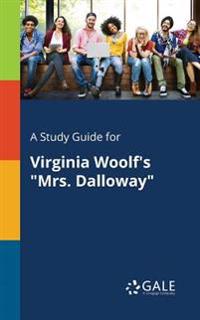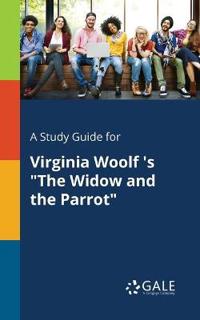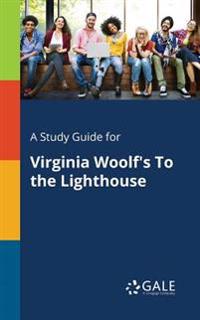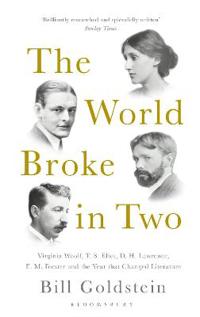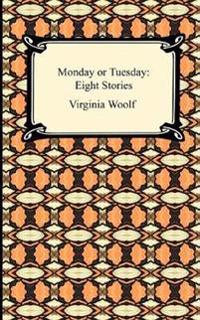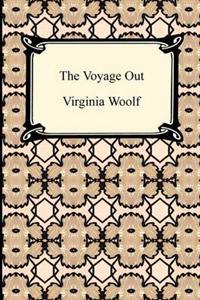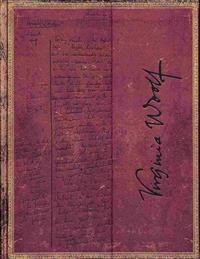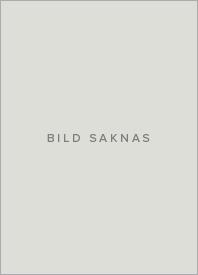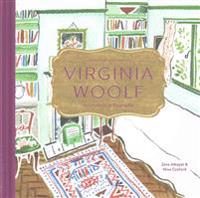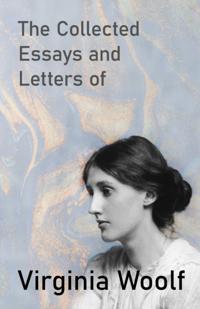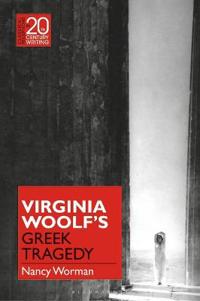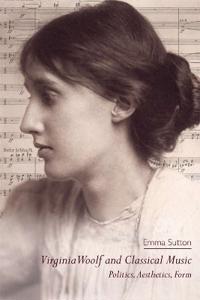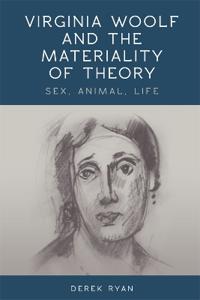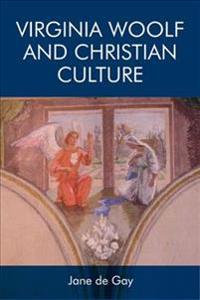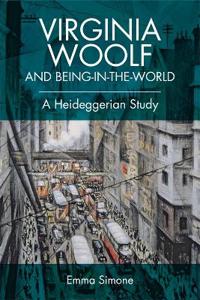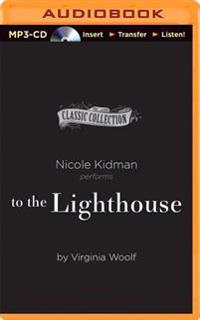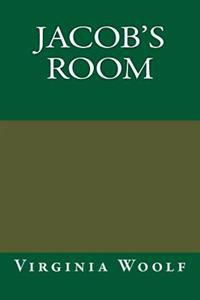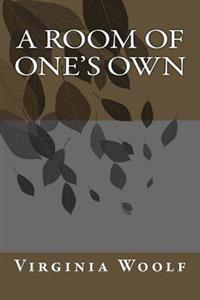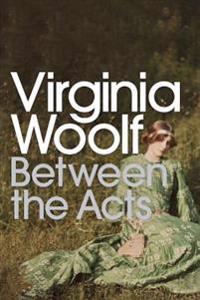A Study Guide for Virginia Woolf 's the Widow and the Parrot (häftad)
ISBN: 9781375394390 - UTGIVEN: 2017-07A Study Guide for Virginia Woolf's to the Lighthouse (häftad)
ISBN: 9781375399098 - UTGIVEN: 2017-07World broke in two - virginia woolf, t. s. eliot, d. h. lawrence, e. m. for
ISBN: 9781408894552 - UTGIVEN: 2018-09'This is a brilliant book about the birth of modernism, one that taught me something on every page ... You will feel - and be! - much smarter after you read it' Edmund White`The world broke in two in 1922 or thereabouts,' the American author Willa Cather once wrote. Yet for Virginia Woolf, T. S. Eli[...]
Virginia Woolf's Late Cultural Criticism (Inbunden)
avAlice Wood
ISBN: 9781441102850 - UTGIVEN: 2013-10-03Library of Luminaries: Virginia Woolf: An Illustrated Biography
ISBN: 9781452150222 - UTGIVEN: 2016-03One of literature's most beloved authors is beautifully documented in this illustrated biography of Virginia Woolf. Featuring handwritten text paired with beguiling illustrations and a tactile cover with foil-stamped and debossed details, this giftable package reveals the formative events of Woolf's[...]
Collected Essays and Letters of Virginia Woolf - Including a Short Biography of the Author
ISBN: 9781473363106 - UTGIVEN: 2017-02Virginia Woolf once said that the essay 'is simply to give pleasure', one with this collection of her work you can see she achieved her goal. Full of wit and passion on various topics this book is a must for anybody interested in understanding this great writer.[...]
Virginia Woolf's Greek Tragedy
ISBN: 9781474277822 - UTGIVEN: 2018-11In Woolf's writings Greece and Greek tragedy in particular shape an exoticized aesthetic space that both emerges from and enables critique of the cosy settings and colonialist conceits of elite (and largely male) British attitudes toward culture and politics. Rather than highlighting Woolf's exclusi[...]
Virginia Woolf and Classical Music
ISBN: 9781474401432 - UTGIVEN: 2015-06This study is a groundbreaking investigation into the formative influence of music on Virginia Woolf's writing. In this unique study Emma Sutton discusses all of Woolf's novels as well as selected essays and short fiction, offering detailed commentaries on Woolf's numerous allusions to classical rep[...]
Virginia Woolf
ISBN: 9781474401920 - UTGIVEN: 2016-01Virginia Woolf taught history at Morley College for adult education; addressed envelopes in an adult suffrage office in 1910; she was the treasurer of the Rodmell Women's Institute and had a life-long affiliation with the Women's Co-operative Guild. Yet the compelling details of this activity have b[...]
Virginia Woolf and the Materiality of Theory
ISBN: 9781474402347 - UTGIVEN: 2015-09This book explores Woolf's writing alongside Deleuzian philosophy and new materialist theories of sexuality, animality, and posthuman life. How does Virginia Woolf conceptualise the material world? In what ways has Woolf's modernism affected understandings of materiality, and what new perspectives d[...]
Virginia Woolf and Christian Culture
ISBN: 9781474415637 - UTGIVEN: 2018-07There is growing critical interest in the connections between literature and Christianity, but Virginia Woolf's work has so far attracted little attention because of her agnostic upbringing and her famous statement that 'certainly and emphatically there is no god.' This study fills a gap by revealin[...]
Virginia Woolf and Being-in-the-world
ISBN: 9781474421676 - UTGIVEN: 2017-05Breaking fresh ground in Woolfian scholarship, this study presents a timely and compelling interpretation of Virginia Woolf's textual treatment of the relationship between self and world from the perspective of the philosophy of Martin Heidegger. Drawing on Woolf's novels, essays, reviews, letters, [...]
Virginia Woolf
ISBN: 9781474423168 - UTGIVEN: 2017-04Clara Jones re-reads Woolf's fiction and non-fiction in light of her examination of the details of Woolf's involvement with Morley College, the People's Suffrage Federation, the Women's Co-operative Guild and the National Federation of Women's Institutes. Drawing on extensive archival research into [...]
To the Lighthouse (Övrigt)
avVirginia Woolf, Nicole Kidman
ISBN: 9781480560192 - UTGIVEN: 2014-07"To the Lighthouse" is Virginia Woolf's arresting analysis of domestic family life, centering on the Ramsays and their visits to the Isle of Skye in Scotland in the early 1900s. Nicole Kidman ("Moulin Rouge," "Eyes Wide Shut"), who won an Oscar for her portrayal of Woolf in the film adaptation of Mi[...]

